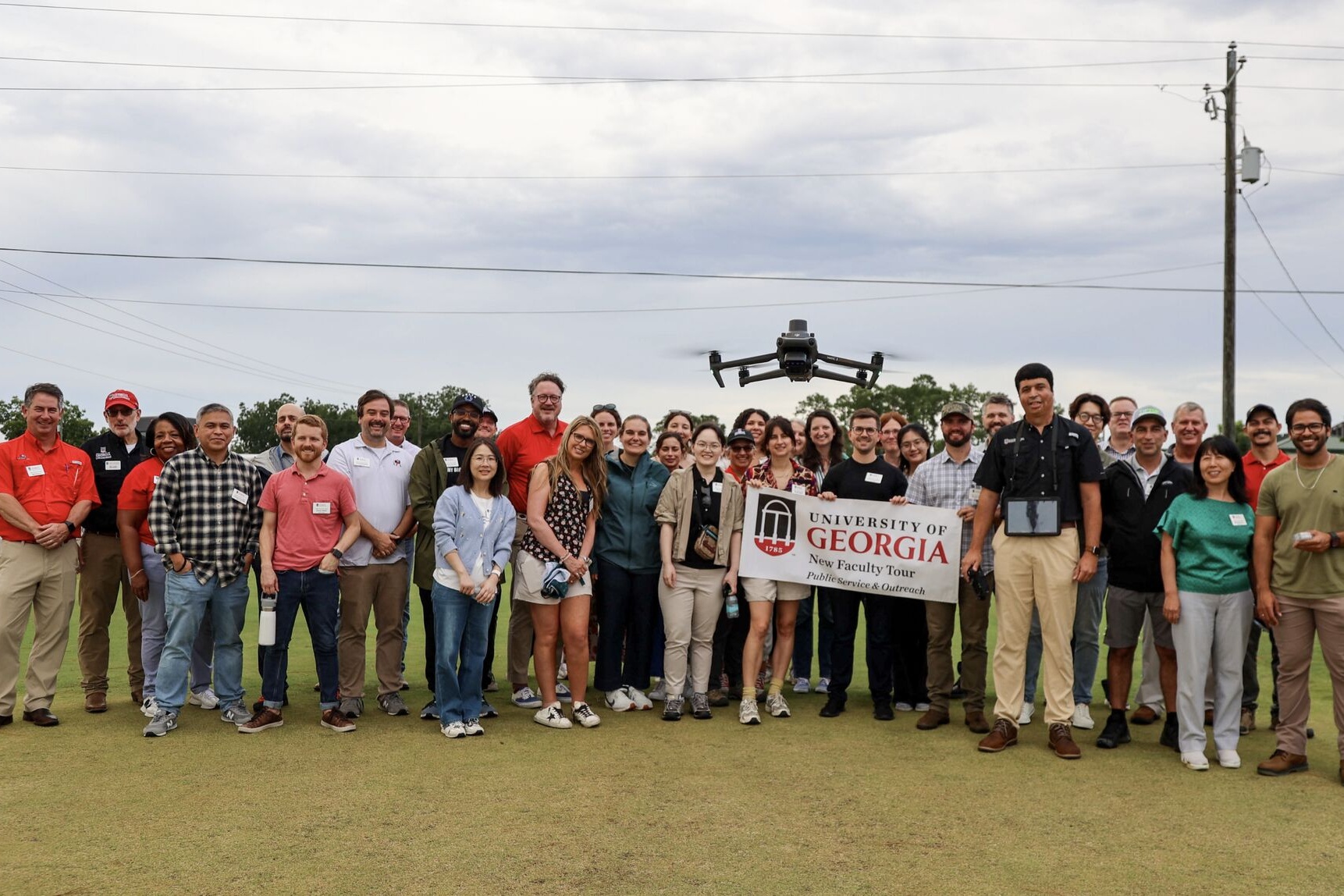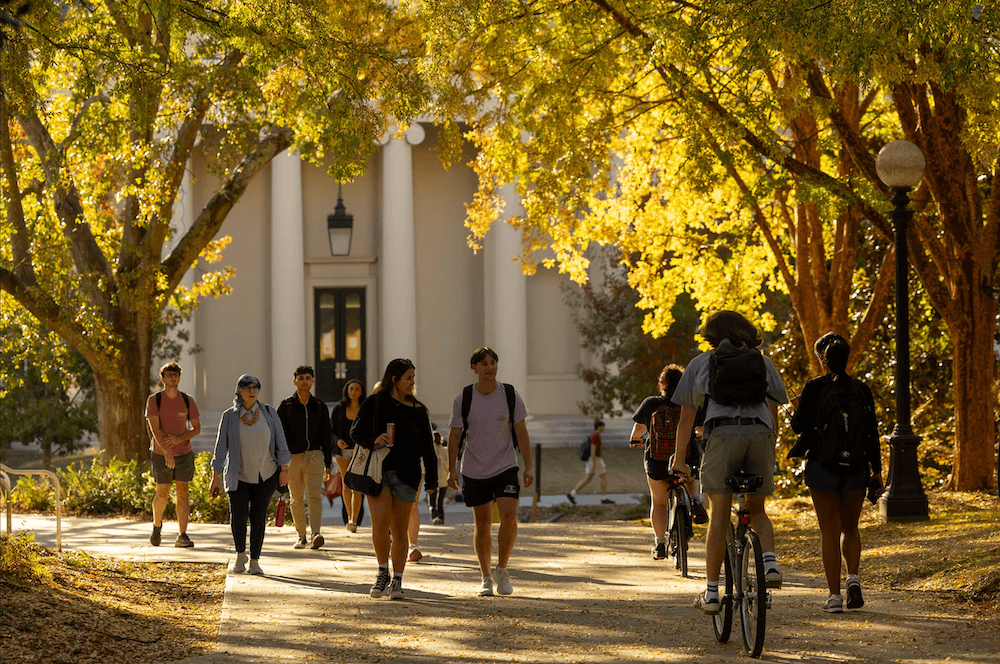By Mike Isbell
University of Georgia
August is just about over. The kids are back in school and the
muscadines are ripening. Summer is starting to slip away.
It’s that time of year when a lot of folks tend to forget about
the trees and shrubbery around the house. It’s just too darned
hot and muggy to fool with them.
But these plants can still use a little attention and care.
If you have crape myrtles, they may be rather unsightly about now
because of sooty mold. This fungus grows on the honeydew secreted
by both whiteflies and aphids. It turns black. That’s where it
gets the name “sooty mold.”
So control the aphids and whiteflies on the trees. And don’t park
your car under the trees — the honeydew drips.
Add mulch
Mulches may have become thin in your shrub and flower beds by
this time of the year. You may not need the mulch this year to
conserve moisture in the soil, but mulch also helps keep weed
seeds from germinating. Renewing the mulch just might keep you
from pulling weeds later on.
Instead of raking and burning the leaves that fall from your
trees, use them as mulch. Leaves don’t look as neat as pine straw
or pine bark, but they’re free. And you can always put a thin
layer of pine straw or bark on top of the leaves to dress up your
beds.
If you have fruit trees, get rid of all of the old fruit that may
still be hanging on the trees or is on the ground. Bury it or
burn it. That will help in disease control. And while you’re at
it, go ahead and prune out any diseased, broken or dead limbs.
Soil test
Finally, if you haven’t had your soil tested in a few years, fall
is a good time to do it. Nitrogen fertilizers tend to make the
soil acid over time. Old-timers used to say the soil got sour and
wouldn’t grow anything until it was “sweetened” by lime.
A soil test will tell you how much lime to use. So make your
plans to do that this time.
You know, I need to that, too. But it’s too darned hot and muggy
right now. I think I’ll just go eat my muscadines instead.
(Mike Isbell is the Heard County Extension Coordinator with
the University of Georgia College of Agricultural and
Environmental Sciences.)



